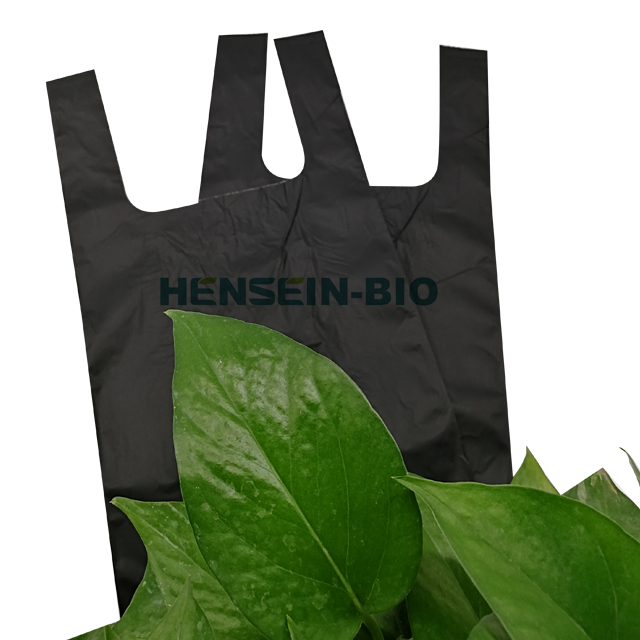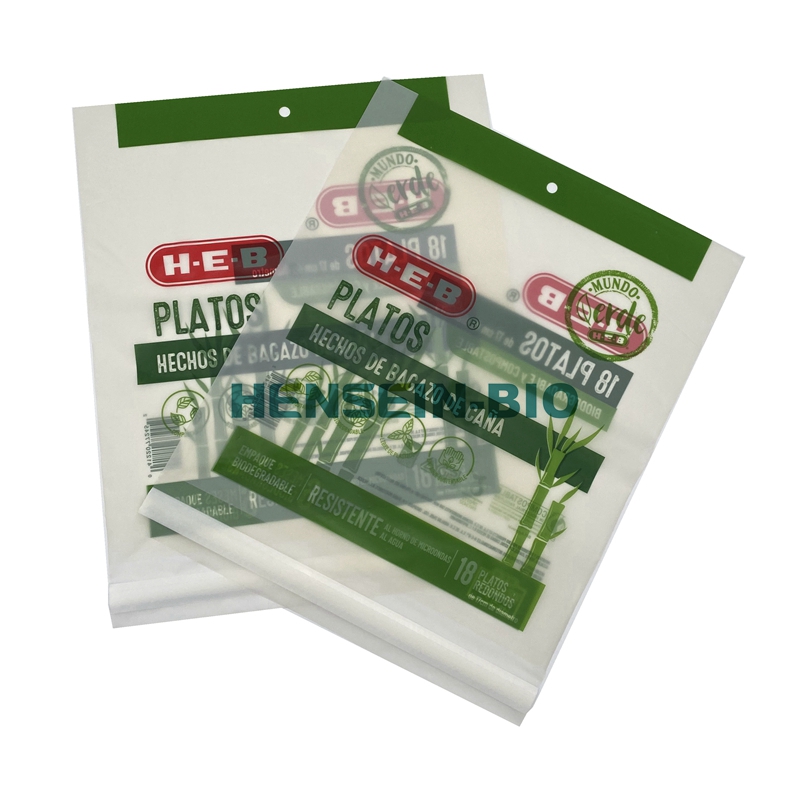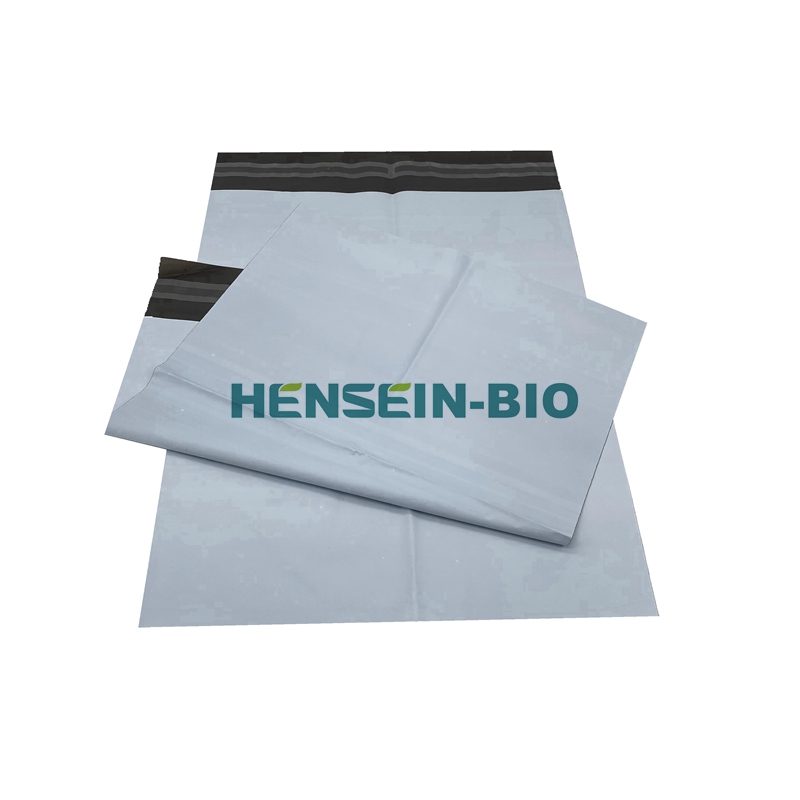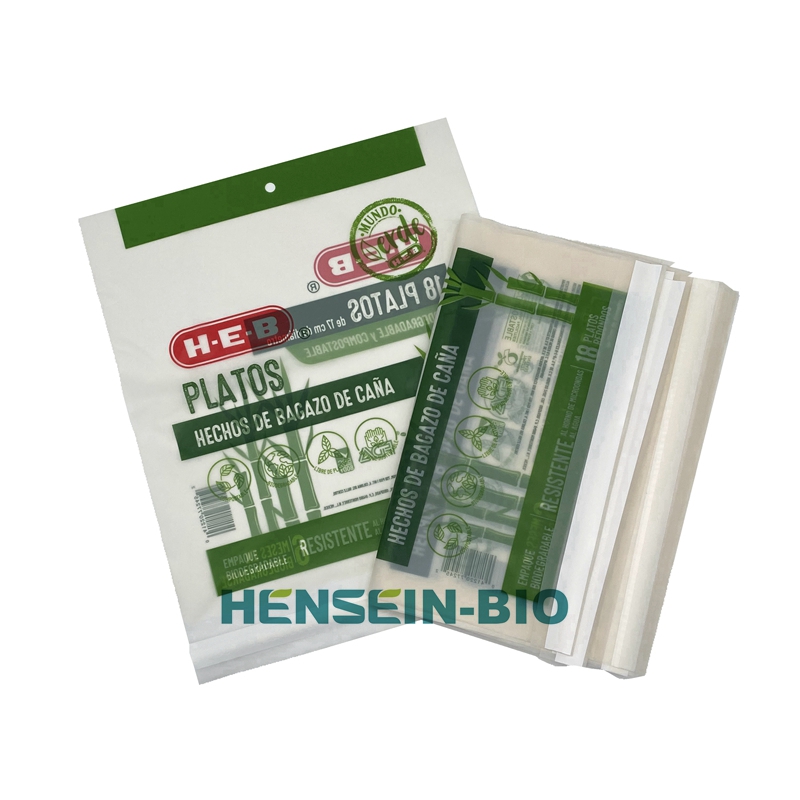
How can businesses decide between industrial and household biodegradable garbage bags?
Buyers often face confusion when choosing the right type of biodegradable garbage bags for their needs. Industrial users require large, durable bags capable of handling heavy waste, while households look for convenient options like **13-gallon biodegradable trash bags** for everyday use. Without the right choice, companies risk overspending, supply mismatches, or reduced performance, leading to frustration and wasted resources. The solution is to source from trusted suppliers that offer both industrial and household-grade options. Huizhou Hensein Bio-Environmental Technology Co., Ltd. supports wholesalers, retailers, and distributors with certified, customizable products, meeting international standards while ensuring timely delivery. With six production lines and global export experience, the company provides a one-stop solution for both market segments.
Industrial biodegradable garbage bags are designed for strength and volume, while household biodegradable trash bags focus on convenience, size, and ease of use. Choosing the right type ensures performance, compliance, and customer satisfaction.
As demand for eco-friendly packaging increases worldwide, understanding the differences between household and industrial options helps buyers make informed decisions. The sections below provide a detailed comparison.
Biodegradable Garbage Bags
**Biodegradable garbage bags** are eco-friendly alternatives to traditional plastic, designed to break down naturally into harmless substances like carbon dioxide, water, and biomass. The demand for such products is rising globally due to plastic bans and stricter waste management policies. For households, the most common option is 13-gallon biodegradable trash bags, which perfectly fit standard kitchen bins and offer sufficient strength for daily waste disposal. For industrial use, larger and thicker bags are preferred to handle bulkier waste streams.
From a trade perspective, wholesalers and suppliers benefit from offering both categories. Retailers in Europe and North America, where environmental regulations are strong, prefer certified products to ensure compliance and build consumer trust. Manufacturers like Hensein-Bio provide customizable solutions, from small kitchen bags to heavy-duty industrial-grade options, giving distributors flexibility and reducing sourcing risks. This adaptability makes biodegradable products an attractive choice for global buyers aiming to meet both regulatory and consumer expectations.
What are your thoughts on compostable bags?
Compostable bags are often regarded as the **best biodegradable trash bags** because they not only degrade but also contribute positively to soil health. Unlike standard biodegradable options, compostable bags transform into nutrient-rich compost under proper conditions. This makes them especially valuable in regions where composting systems are integrated into waste management practices. Consumers increasingly ask, “are trash bags biodegradable?”—and compostable options provide a clear and positive answer.
For businesses, the demand for compostable solutions is growing across supermarkets, e-commerce platforms, and eco-conscious retailers. Wholesalers and suppliers offering compostable options gain a competitive edge by meeting both regulatory requirements and consumer preferences. Hensein-Bio ensures its compostable products are certified to EN13432 and ASTM D6400 standards, guaranteeing performance in both industrial and home composting environments. With customizable printing and packaging, these products also serve as branding tools, strengthening visibility and market presence for distributors worldwide.
What are compostable and biodegradable trash bags?
While the terms compostable and biodegradable are often used interchangeably, they have distinct meanings. **Biodegradable trash bags** break down naturally over time through microbial action, while compostable bags decompose within a specific timeframe under composting conditions, leaving no toxic residues. The main difference lies in certification and end-of-life outcomes. Compostable bags are always biodegradable, but not all biodegradable bags are compostable.
For wholesalers and suppliers, understanding this distinction is critical when sourcing for diverse markets. In Europe, compostability certification is a legal requirement for many product categories, while in North America and Asia, biodegradable certification often suffices. Manufacturers like Hensein-Bio bridge this gap by offering both compostable and biodegradable options, ensuring global compliance. By providing customizable solutions tailored to regional standards, the company supports distributors and retailers in expanding into eco-conscious markets with confidence. For buyers, this means sourcing products that not only meet customer expectations but also fulfill regulatory requirements without compromise.
Conclusion
Choosing between industrial and household biodegradable garbage bags depends on waste volume, usage, and compliance needs. With certified, customizable solutions, businesses can meet sustainability goals while ensuring customer satisfaction and long-term growth.


